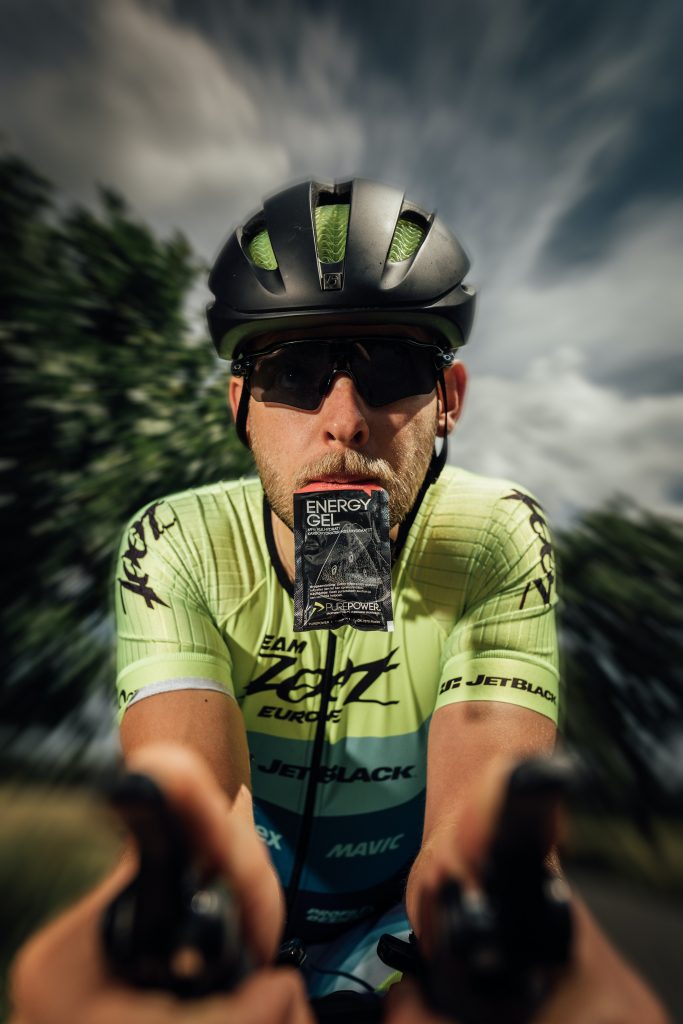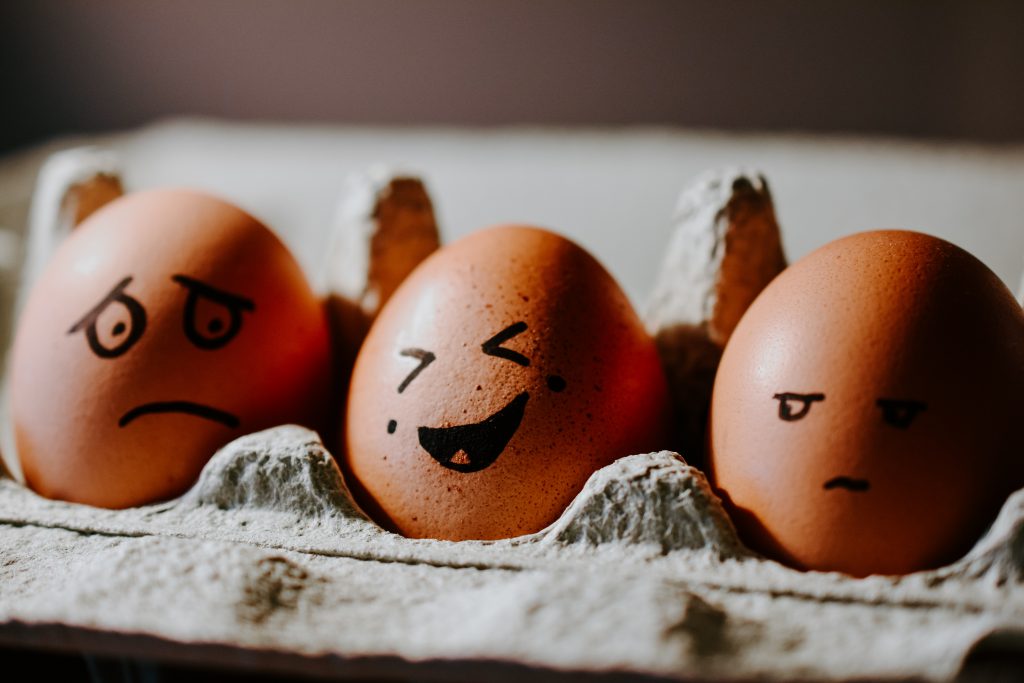What are supplements?
A dietary supplement is a product designed to supplement specific nutrients within a your diet. They usually come in pill, capsule, liquid or powder form.
Supplements should never replace a healthy, balanced diet.

Do Vitamin d supplements work?
Vitamin D is important for maintaining bone and muscle health. It has also been shown to reduce inflammation and support optimal immune function.
Data from a Public Health England National Diet and Nutrition Survey shows that 23% have low levels of vitamin D, and are at risk for developing a deficiency.
Vitamin D provides a range of health benefits and is therefore encouraged if we cannot obtain optimal levels through diet and sunlight alone.
It is advised ti supplement for everyone particularly during autumn and winter: October – March in the UK. Those with a darker skin pigment or people whose skin has little or no exposure to the sun should consider taking a supplement all year round. People over 60 years old should also consider taking a supplement, as the cells in your skin make less vitamin D from sunlight as you get older.

What are electrolytes?
Electrolytes are minerals and salts, for example sodium, potassium, magnesium and chloride which are present in the blood.
What do electrolytes do?
Electrolytes carry a positive or negative charge and are therefore responsible for electrical impulses within the body such as the contraction of muscles, controlling nerve function, maintaining fluid balance within the body, maintaining pH levels with the body and transporting nutrients around the body.
How to replenish electrolytes
Our kidneys regulate the balance of electrolytes within the body daily.
However, sometimes after very intense physical exercise or after illness, additional electrolytes may be required.
Electrolytes can be replenished natrually through whole food sources, for example one medium banana contains 422mg potassium, whilst whole milk contains 275mg calcium.
Sometimes people might prefer to consume a drink instead of food, making a smoothie with a greek yoghurt or a coconut water base for example.
There are also a wide variety of sports drinks and sachets available formulated to replenish electrolytes, which can be a quick and easy method, if you don’t have time to create something from scratch.
ARE YOU UNSURE WHETHER YOU ARE GETTING ENOUGH FOR YOUR TRAINING?
If you are unsure whether you are getting enough and you need help with recommendations on the following?
- Pre exercise food/supplement
- Post exercise food/supplement
- Protein supplements
Contact below if you need help so we can recommend the best supplement support:
